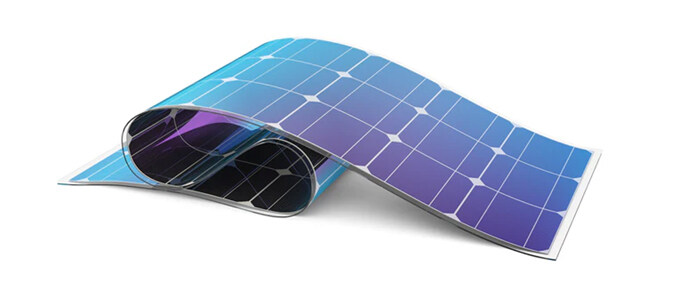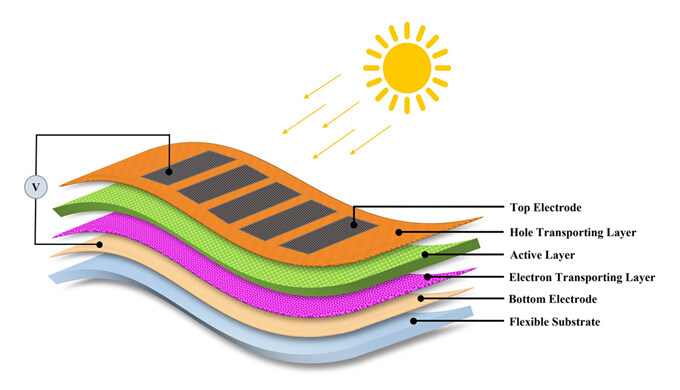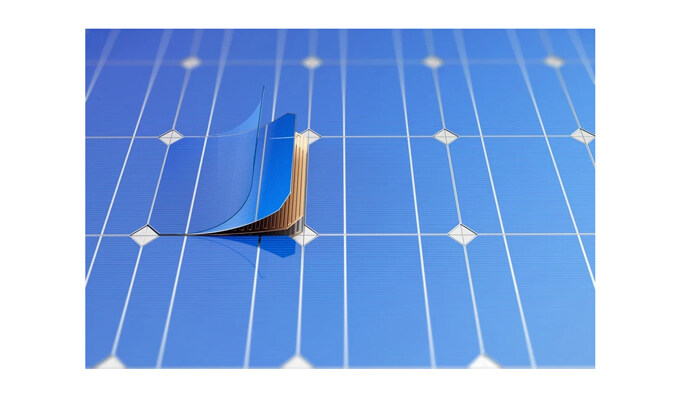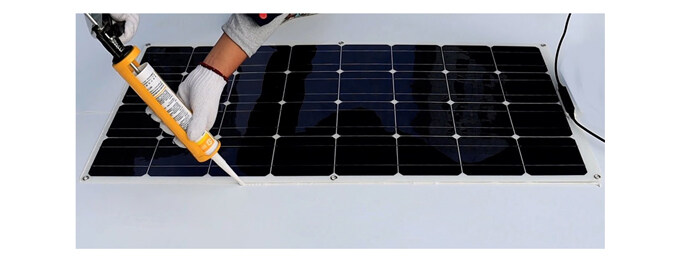As the world moves steadily toward renewable energy and sustainable living, innovation in solar technology has accelerated. One such innovation that has captured both industrial and consumer attention is the bendable solar panel. Designed to be lightweight, flexible, and adaptable to unconventional surfaces, bendable solar panels are an increasingly viable solution for powering portable devices, vehicles, and even homes.

Understanding Bendable Solar Panels
Bendable solar panels, also known as flexible solar panels, are photovoltaic (PV) modules that can be curved or bent without breaking. Unlike conventional rigid panels made from thick glass and aluminum frames, bendable solar panels are constructed using thin-film photovoltaic materials or ultra-thin monocrystalline silicon cells layered onto flexible substrates like plastic, metal foil, or polymer composites.
This flexible design allows these panels to conform to curved surfaces such as RV roofs, boat decks, tents, and backpacks—places where traditional panels are impractical or impossible to install.

How Do They Work?
Bendable solar panels operate under the same photovoltaic principle as conventional panels. When exposed to sunlight, the solar cells absorb photons, which then release electrons. This electron flow generates an electric current that can be harnessed to power devices or charge batteries.
There are three main types of technologies used in flexible solar panels:
-
Monocrystalline Silicon (Mono-Si): Ultra-thin slices of monocrystalline silicon mounted on flexible backing. High efficiency, moderate flexibility.
-
CIGS (Copper Indium Gallium Selenide): Highly flexible, thin-film technology with good performance even in low light.
-
Amorphous Silicon (a-Si): Lightweight and inexpensive, but lower efficiency.
Each type offers different advantages in terms of efficiency, durability, and cost, making them suitable for various applications.

Key Advantages of Bendable Solar Panels
1. Flexibility and Versatility
The ability to bend and conform to irregular or curved surfaces makes these panels suitable for boats, RVs, tents, and even wearable devices.
2. Lightweight Design
Most flexible panels weigh just a fraction of their rigid counterparts, making them easier to transport, install, and store.
3. No Glass, No Breakage
With no fragile glass components, bendable solar panels are more resistant to vibrations, shocks, and impacts, making them ideal for mobile applications.
4. Simple Installation
Many models can be installed using adhesive backings, magnetic strips, or even Velcro—no need for heavy-duty brackets or mounts.
5. Portable and Foldable Options
Some bendable panels are designed to be foldable, offering great convenience for hikers, campers, military personnel, or emergency responders.
Limitations to Consider
Despite their numerous advantages, bendable solar panels also have limitations:
1. Lower Efficiency
Most flexible panels have lower energy conversion efficiency compared to traditional rigid panels, especially those made with thin-film materials.
2. Reduced Lifespan
Because they are made from thinner, less durable materials, bendable panels may degrade faster over time, especially when exposed to harsh weather or UV radiation.
3. Limited Power Output
Due to their small size and lower efficiency, they generally produce less electricity, making them less suitable for large-scale installations.
4. Cost per Watt
While individual units may be cheaper or comparable, the cost per watt tends to be higher than for rigid panels due to lower output.

Common Applications
The practical benefits of bendable solar panels make them ideal for niche and mobile applications where flexibility is critical:
-
Recreational Vehicles (RVs): Perfect for curved roofs and limited mounting space.
-
Marine Use: Waterproof designs are ideal for boats and yachts.
-
Camping and Hiking: Lightweight, foldable panels that charge phones, GPS, and other gear.
-
Emergency and Disaster Relief: Portable panels for powering lights, communication equipment, and medical devices.
-
Backpacking and Travel: Integrated into backpacks to charge electronics on the go.
-
Military and Tactical Gear: Used in field kits for soldiers in remote areas.

Installation Tips
When installing bendable solar panels, consider the following:
-
Surface Preparation: Ensure the surface is clean, smooth, and dry before application.
-
Orientation and Angle: Face the panel toward the sun for optimal energy capture.
-
Wiring and Connections: Use waterproof connectors and cables if used outdoors or near water.
-
Mounting Methods: Depending on the model, you can use adhesives, grommets, or magnetic mounts.
Conclusion
Bendable solar panels represent a powerful blend of innovation and practicality. While they may not yet match traditional panels in terms of raw power and efficiency, their flexibility, portability, and ease of use open up a world of possibilities for personal, recreational, and professional energy solutions.
Whether you're outfitting a sailboat, upgrading an RV, or preparing for off-grid adventures, bendable solar panels offer a smart and sustainable way to stay powered anywhere under the sun.
FAQs
Are bendable solar panels waterproof?+
Yes, most bendable solar panels are designed to be water-resistant or fully waterproof, making them suitable for marine applications, outdoor camping, and other environments exposed to moisture.
Can bendable solar panels charge a power station or battery bank?+
Absolutely. Many flexible panels come with standard output ports or connectors (like MC4 or DC plugs) and can efficiently charge portable power stations, deep-cycle batteries, or 12V systems when used with the appropriate charge controller.
How much can bendable solar panels actually bend?+
It depends on the model and material. Most can bend to a radius of around 30–40 degrees, while ultra-flexible thin-film panels can curve even more. However, they are not meant to be folded or sharply creased.
Do bendable solar panels work in cloudy or low-light conditions?+
Yes, especially CIGS-based flexible panels tend to perform better than rigid monocrystalline panels under diffuse or low-light conditions. However, overall efficiency will still be lower compared to direct sunlight.
How do you clean and maintain bendable solar panels?+
Use a soft cloth and mild soapy water to remove dirt and debris. Avoid using abrasive cleaners or pressure washers. Regular cleaning improves efficiency and extends the life of the panel.










